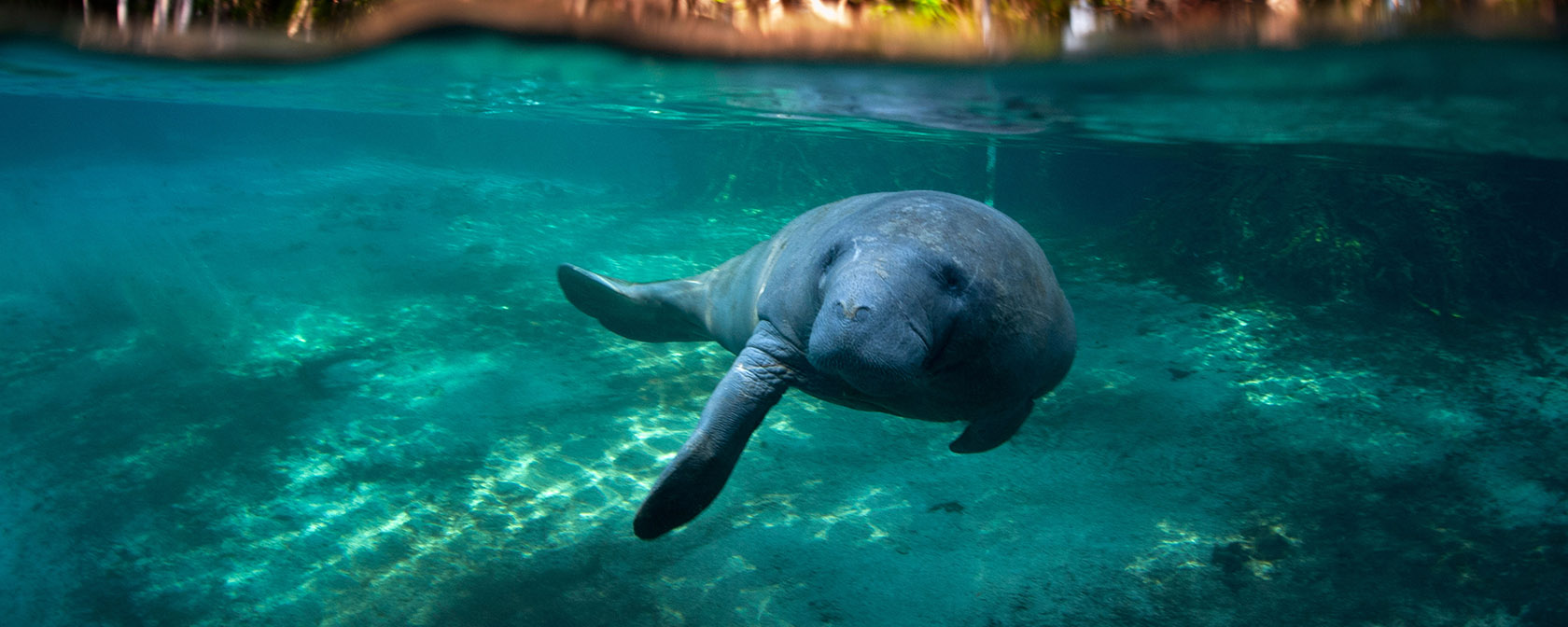By Sara Amundson and Kitty Block
The federal government has fired another volley in its assault on the Endangered Species Act, and this time it’s aimed at paving the way for corporations to take over lands that could, if conserved and restored, help in the recovery of imperiled American wildlife.
Under changes proposed in a new rule, the U.S. Fish and Wildlife Service and the National Marine Fisheries Service would no longer be allowed to designate as “critical habitat” lands that are currently unsuitable but that, science shows, could be restored to help in the recovery of animals who are already considered at-risk under U.S. law. Such protections have, in the past, helped conserve imperiled animals like the Canada lynx, killer whales, manatees and jaguars.
Were this rule to be approved, more American lands could be opened for development and other activities, and they would be forever lost to the wild animals who live and thrive in these spaces.
What makes this proposal even more outrageous is the fact that it comes at a time when we know that habitat loss is already pushing so many animals to extinction. To reverse this loss, our government needs to be working hard to conserve more of our wild spaces, not giving them away for development, energy exploration or other commercial purposes.
But these changes are also not surprising. For so many years we have reported on attacks by certain lawmakers, beholden to trophy hunters and wealthy corporations, to weaken the Endangered Species Act, the bedrock law that protects animals at risk of extinction. These attacks have intensified even more in recent years, and last summer, these two agencies significantly weakened the ESA by finalizing a rule that makes it harder to achieve federal protections for endangered and threatened species—a change more than 800,000 Americans spoke out in opposition to.
That rule established significant roadblocks to securing even the most basic protections for threatened species, like prohibitions on killing, trapping and other intentional harm that threatens their recovery and survival. And it made it more difficult to secure ESA protections for wildlife most threatened by the impacts of climate change, like wolverines and pacific walruses, before it is too late.
Soon after the rule was finalized, a group of environmental and animal protection groups, including the Humane Society of the United States, filed a lawsuit challenging it. This was followed by the attorneys general of 17 states, the District of Columbia and New York City filing a similar lawsuit, with the intent to block USFWS and the NMFS from weakening core protections for wildlife. Since then, two additional states have joined the lawsuit.
The reason we—and so many animal and environmental organizations as well as lawmakers—are fighting these attacks on the ESA is because this is one of our nation's most important and effective animal protection laws. It has prevented more than 99% of listed species from becoming extinct, and Americans across the political spectrum support it wholeheartedly.
While this latest proposal whittling away at critical habitats might appear small on its own, it is part of a sustained attack comprised of seemingly “small” changes that the USFWS and NMFS hope will escape the notice of the American public. But we are watching, and we urge you to stand up and fight with us against this latest attack on our wildlife. Please leave a polite comment for the Fish and Wildlife Service and the National Marine Sanctuary Service stating you oppose this proposed rule. We recommend that you include the following points:
- The ESA is one of our country’s most effective laws with a more than 99 percent success rate, and it is the agencies' duty to protect imperiled species under the law.
- It is important that our government conserve and improve habitat that science has indicated could contribute to the recovery of wildlife species.
- This proposed rule runs counter to these agencies’ own mission of conserving American wildlife, and the will of the American people.
Kitty Block is President and CEO of the Humane Society of the United States.




